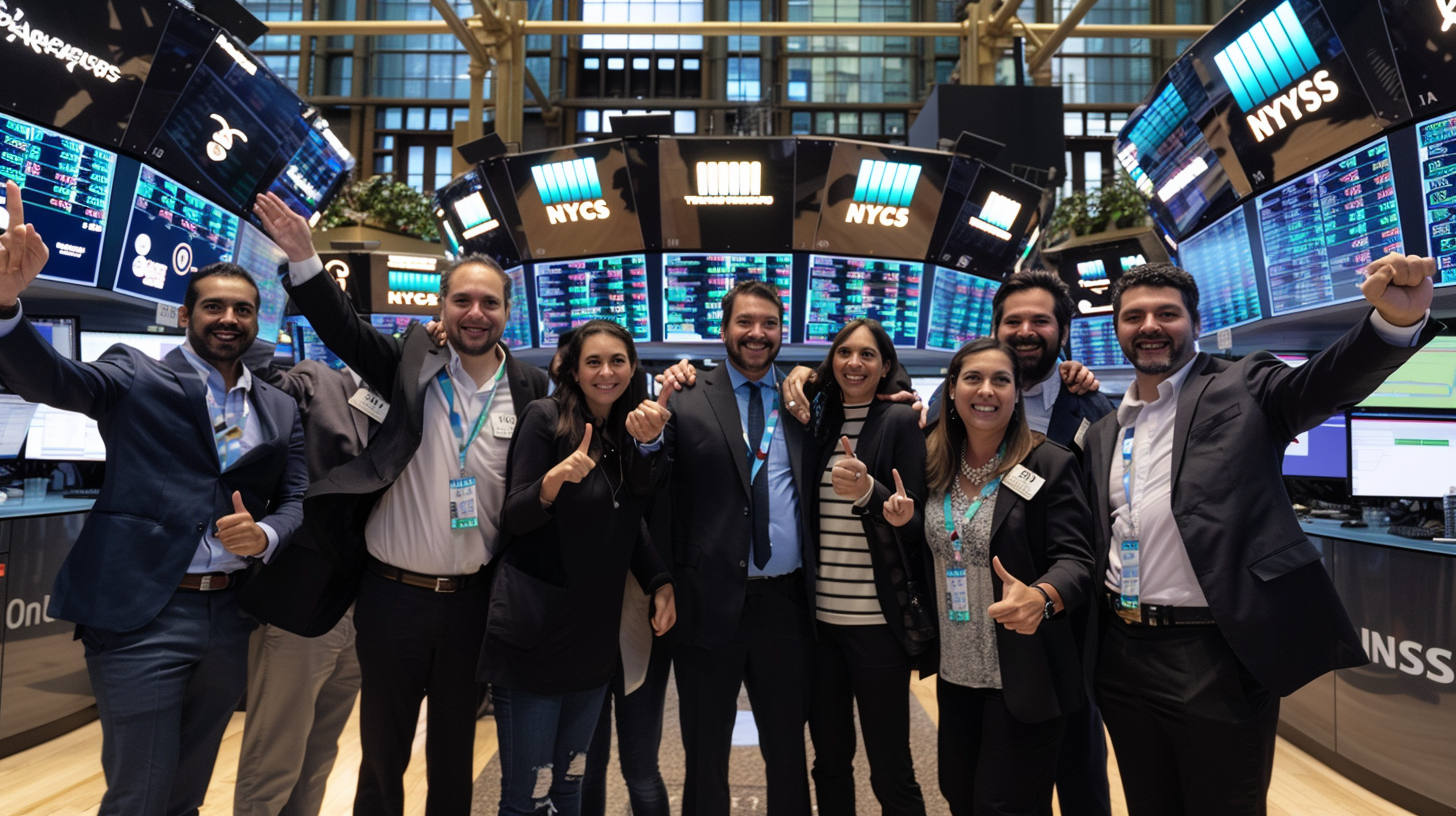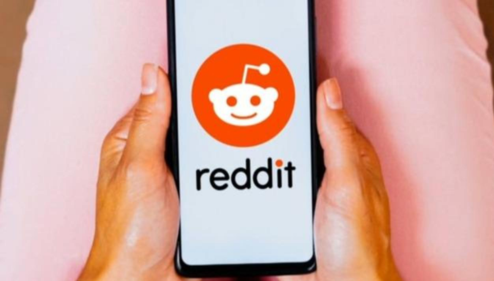| Key Points: – Chinese autonomous vehicle company WeRide raised $440.5 million through a U.S. IPO and private placement. – WeRide is valued at over $4 billion and begins trading on the Nasdaq, signaling improved investor sentiment in Chinese tech IPOs. – The autonomous driving sector faces challenges, particularly in robotaxi safety and regulatory barriers. |
WeRide, a prominent Chinese self-driving technology company, has successfully raised a combined $440.5 million through its initial public offering (IPO) in the United States and a private placement. The Guangzhou-based firm sold 7.74 million American Depositary Shares (ADS) at $15.50 each, reaching the lower end of its targeted range and securing roughly $120 million from the IPO. In addition, WeRide raised $320.5 million through a concurrent private placement, valuing the company at over $4 billion. Trading on the Nasdaq is expected to start later today, marking a significant milestone for WeRide and a notable increase in Chinese company IPO activity on American exchanges.
The interest in U.S.-listed Chinese IPOs has seen a resurgence after years of regulatory uncertainty that culminated in the delisting of ride-hailing giant Didi Global following scrutiny by Chinese regulators. Recent easing of regulatory barriers by Beijing, paired with a resolution on audit access between the U.S. and China in 2022, has allowed for renewed activity. The reopening of the U.S. IPO market has also been welcomed by tech startups that faced a downturn over the past two years due to cash burn concerns and volatile valuations. With investor sentiment improving, WeRide’s successful listing follows the IPO of EV manufacturer Zeekr earlier in the year and could pave the way for additional Chinese tech companies to pursue U.S. listings. Autonomous vehicle firm Pony AI, backed by Toyota, is one such company with its Nasdaq filing earlier this month.
WeRide’s operations include testing and commercial trials of autonomous taxis, buses, vans, and street sweepers across 30 cities in seven countries. As robotaxi technology continues to evolve, analysts note that establishing widespread autonomous taxi services may still require years of technological refinement to meet safety and reliability standards. Accidents involving autonomous vehicles remain a primary concern, as challenges such as adverse weather, complex intersections, and unexpected pedestrian behavior still pose obstacles to self-driving technology. Despite these hurdles, China has taken a more proactive stance on authorizing self-driving trials compared to the U.S., allowing firms like WeRide greater flexibility for experimentation and commercialization within their domestic market.
WeRide’s expansion into the U.S. market, however, may be influenced by a proposed regulation from the Biden administration that seeks to limit Chinese software and hardware in American-connected and autonomous vehicles due to national security concerns. Such regulatory measures may shape the future landscape of cross-border collaboration in autonomous technology. However, companies remain optimistic that continued advancements in the sector will transform urban transportation. Notably, Tesla has recently revealed its own robotaxi and robovan concept as the competition within the EV and autonomous vehicle industries intensifies.
The underwriters for WeRide’s IPO include major players Morgan Stanley, J.P. Morgan, and China International Capital Corp. With proceeds potentially reaching $458.5 million if underwriters exercise options for additional shares, WeRide’s public listing aims to bolster its financial base for continued development and expansion, setting it on a path toward establishing a robust presence in the global autonomous driving market.













